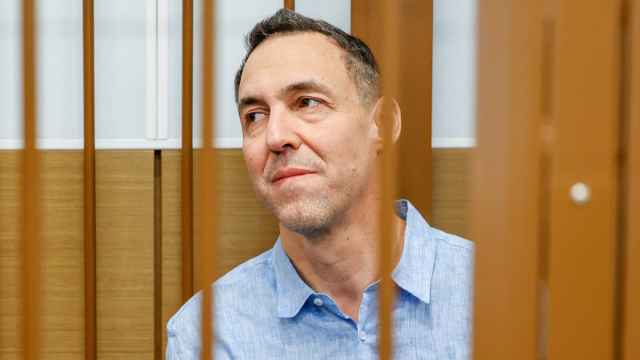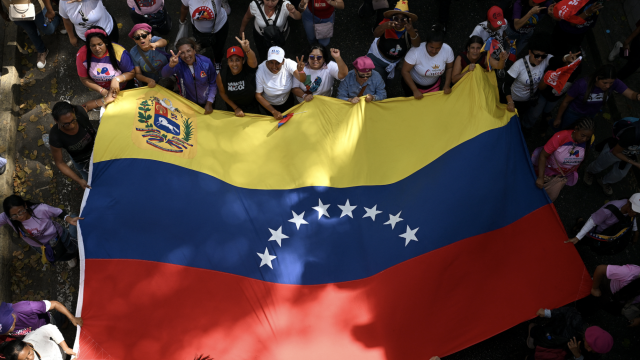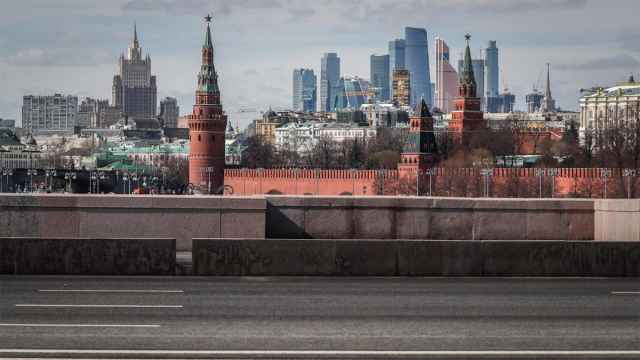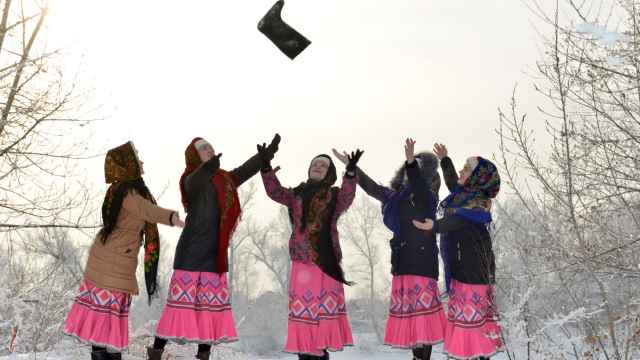BRUSSELS — European leaders face a session of soul-searching and strategy planning over Ukraine at their year-end summit on Friday when they will discuss why Kiev rejected an EU free-trade deal and took a bailout from Russia instead.
As well as weighing Ukraine's decision to turn away and what Europe might have done to prevent it, leaders will debate the message they want to send to swathes of Ukrainians now protesting against President Viktor Yanukovych's move.
They will also have to agree what line to take with Russia, which applied intense political and economic pressure on the former Soviet republic to spurn the EU deal. President Vladimir Putin and the EU are due to hold talks in Brussels in late January.
Asked how the leaders' discussion was likely to go on Friday, one senior official involved in the talks said: "The goal will be to prevent a whole lot of Russia-bashing."
Yanukovych's rejection of the EU deal at a meeting with European leaders in Vilnius last month has already prompted some self-examination, including questions over whether the EU should have offered more money or potential membership to Ukraine as an inducement.
Moscow has said it will give Yanukovych's government a $15 billion lifeline and slash the price of its gas by about a third, two gifts Ukraine could not ignore.
But the EU has argued its offer of a free-trade and political association agreement was not short on financial incentives either. A document prepared by EU officials shows benefits of up to $19 billion could have flowed to Ukraine over seven years if it had signed up.
Even if those numbers had been presented to Yanukovych ahead of the Vilnius meeting, it seems unlikely that he would have plumped for the EU deal given the amount of pressure he was under from the Kremlin.
Following two secret meetings with Putin in November, Yanukovych told EU officials it was going to cost Ukraine $160 billion over three years to sign up with them, in terms of the cost of meeting EU obligations and lost trade with Russia.
EU officials dismissed the number as complete fantasy and there was no evidence to back it up. But it showed the kind of money that Yanukovych, whose son is a multi-millionaire and who surrounds himself with oligarchs, is keen to attract.
A Message from The Moscow Times:
Dear readers,
We are facing unprecedented challenges. Russia's Prosecutor General's Office has designated The Moscow Times as an "undesirable" organization, criminalizing our work and putting our staff at risk of prosecution. This follows our earlier unjust labeling as a "foreign agent."
These actions are direct attempts to silence independent journalism in Russia. The authorities claim our work "discredits the decisions of the Russian leadership." We see things differently: we strive to provide accurate, unbiased reporting on Russia.
We, the journalists of The Moscow Times, refuse to be silenced. But to continue our work, we need your help.
Your support, no matter how small, makes a world of difference. If you can, please support us monthly starting from just $2. It's quick to set up, and every contribution makes a significant impact.
By supporting The Moscow Times, you're defending open, independent journalism in the face of repression. Thank you for standing with us.
Remind me later.





